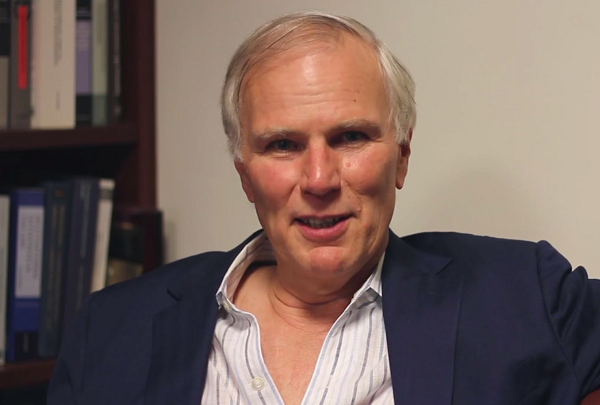
Fund social protection policies to reduce poverty – UN expert urges government
Ghana has been challenged to invest in its social protection polices to improve the living conditions of the poor.
According to the United Nations Special Rapporteur on extreme poverty and human rights, Professor Philip Alston, Ghana was the least country spending on social protection by the standards of most comparable African states.
The country, he indicated, was at the crossroads and must decide whether to continue existing policies that would further enrich the wealthy and do a little for the poor or make fiscal adjustments to lift millions out of poverty.
Presenting his findings of a 10-day fact-finding mission on the poverty situation in the Greater Accra, Northern and Upper East regions, to journalists in Accra last Wednesday, Prof. Alston said some of the country’s social protection programmes were created without a statement of funding and added that the Livelihood Empowerment Against Poverty (LEAP) was significantly underfunded.
“Ghana has many admirable programmes, but no discernible plans for funding many of them adequately. As a result, a large number of Ghanaians do not enjoy their basic economic and social human rights and the prospects of meeting many of the SDGs are not encouraging,” he stated.
Growing inequality
The UN human rights expert commended Ghana as a champion for African democracy that had achieved some important development feats, but expressed concern that unless growing inequality and continuing high poverty rates were addressed, the country would fall far short of meeting the key UN Sustainable Development Goals(SDGs) by 2030.
“With a thriving economy and the option to start collecting some of the existing but unpaid taxes that currently exist, choosing to eliminate or not to eliminate extreme poverty is a political choice for Ghana.”
Political slogans
He submitted that Ghanaian politicians were very good at creating slogans to describe policies but that there was little doubt the appetite for such slogans had already far outstripped the capacity for realistic implementation.
Citing the government’s One District One Factory and the One Village One Dam policies as some of the sweet slogans, Prof. Alston categorically stated that “those policies certainly are not targeted at the poor people but the rich stand to gain from them.”
Encounter
Prof. Alston said at Old Fadama, a slum in Accra, he was shown the cramped, polluted and diseased conditions of the more than 100,000 residents.
While in Bongo in the Upper East Region, he said he met with young men who expressed deep frustration about their unemployment situation after graduating from senior high school and some administrators who expressed serious concerns that such frustrated youth were prime targets for the radicalisation.
He quoted a Ghana Wealth Report which estimated that the number of millionaires in Ghana would increase by 80 per cent over the next decade and that the country’s wealthiest 80 people owned wealth equivalent to almost seven per cent of the country’s entire gross domestic product (GDP).
Finance Ministry
According to Prof. Alston, he met with various ministers to discuss the challenges, and expressed disappointment that the Ministry of Finance refused all his requests to meet saying that “if the Ministry of Finance has such limited interest in social protection, the resources needed will continue to be withheld.”
He mentioned that gender inequality was still a huge challenge in Ghana and took issue with the Ministry of Chieftaincy and Religious Affairs for not having a gender policy in place.
